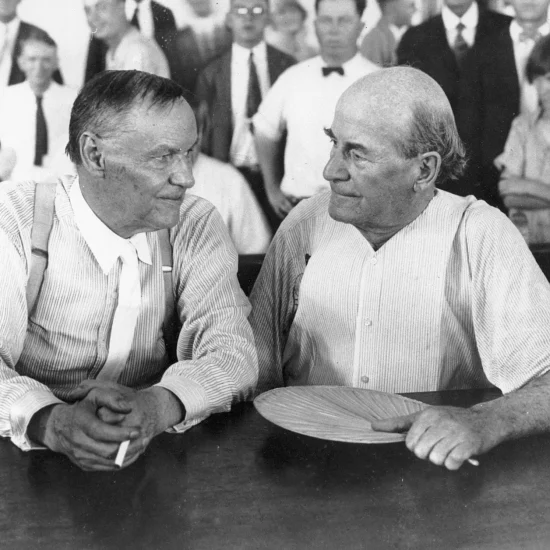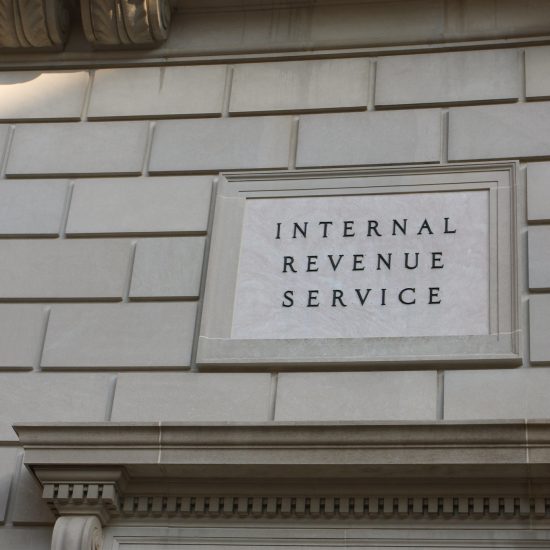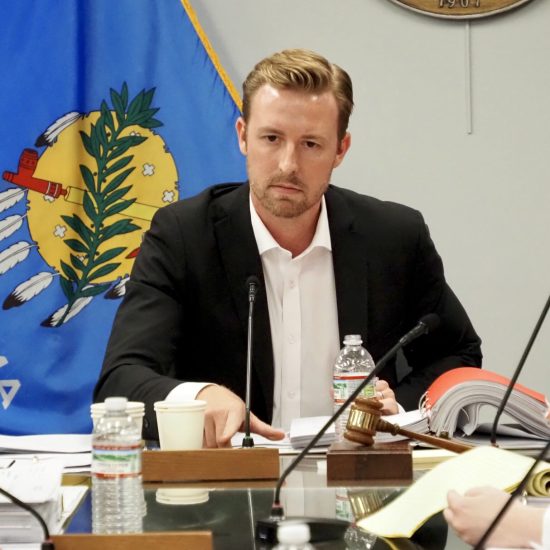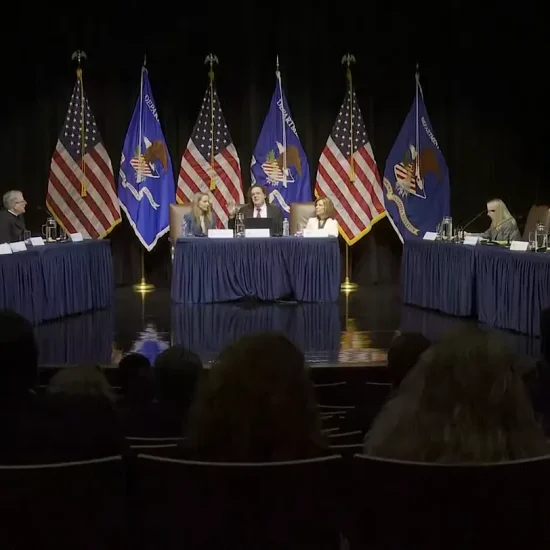For 21 years, I’ve pastored a church within three blocks of our state Capitol. I’ve seen Republicans and Democrats come and go. I’ve prayed with and argued with governors and legislators from both parties. Have I handled every situation correctly? Not a chance. My critics from both the Right and the Left have let me know about it. But one vow I’ve tried to keep: No politician will use me and my church to bless his/ her personal ambitions and no political party will own me.
 Doyle SagerThe current romance between some white evangelicals and the Trump administration borders on blind allegiance and it’s wrong. It was also wrong when Christians on the Left uncritically followed the Obama administration.
Doyle SagerThe current romance between some white evangelicals and the Trump administration borders on blind allegiance and it’s wrong. It was also wrong when Christians on the Left uncritically followed the Obama administration.
What a shame that Baptists have stopped reading their history. Cautionary tales abound, revealing unhealthy love affairs between church and state. Some examples:
- Jesus was executed in order to protect the cozy power cuddle of church (chief priests) and state (Roman Empire).
- Our original thirteen colonies were populated with dissenters seeking refuge from entrenched church-state alliances that curtailed their personal liberties. Sadly, most of those colonies, once established, repeated religious persecution. (Isn’t it amazing that our zeal for everyone else’s religious liberty often ends when our personal view is supported by the state?)
- Following the dismantling of Apartheid in South Africa, Baptists there reported great difficulty in establishing any kind of trust and credibility among the people. For many decades, the white church, aligned with a white supremacy government, had dominated the scene. The word “church” did not conjure up warm, fuzzy thoughts among the populace. When the church crawls in bed with the state, the ensuing adultery tarnishes the Bride of Christ for generations to come.
How do our churches stay out of the seductive, alluring clutches of state? By remaining focused on our calling. That calling includes:
1. Confessing our Lord Jesus Christ, who is above party and nation. And while we’re at it, let’s acknowledge that confessing Christ is a political statement. If Jesus is Lord, Caesar is not. This means speaking truth to power, regardless of the stance taken by our favorite cable news outlet (or that of our Facebook friends).
2. Flexing our historic, baptistic muscle and insisting on freedom of thought and heart. When we accept human authority without thinking for ourselves or asking questions, our liberty vanishes. Freedom in Christ is not merely an Independence Day slogan. It is the life and death business of Christ’s people.
3. Distinguishing between partisanship (electing specific candidates) and policy (advocating around issues). This difference is a key to understanding the debate over the Johnson Amendment, which does not need to be abolished. Under current law, churches are free to speak up regarding any issue; we simply are not allowed to endorse specific candidates while retaining our tax-free status.
The “Johnson Amendment” does not curtail our freedoms; it protects them — from unscrupulous politicians and from our worst selves. We already have ample religious liberty to speak up about issues. We need to stop complaining and start using the freedoms we enjoy. The current frenzy to repeal the “Johnson Amendment” is misguided. Such a repeal could transform worship into a Sunday gathering of carnival barkers hawking their political wares.
4. Defending the weak. In 2017, $3.37 billion was spent on federal lobbying (OpenSecrets.org). That does not include lobbying at 50 state houses. Any guesses how few of those dollars were spent lobbying for the poor, elderly, chronically ill or disabled? Who will advocate for the least, last and lost? Who will speak up for those who have not yet found their own voice?
Quoting Martin Luther King, Jr., “The church must be reminded that it is not the master or the servant of the state, but rather the conscience of the state. It must be the guide and the critic of the state, and never its tool.” Church-state marriages never work. Let’s learn from the past and stay focused on our unique calling.
Doyle Sager is lead pastor of First Baptist Church in Jefferson City, Mo. Hear more from Doyle Sager in episode 33 (Oct. 16) of Word&Way’s podcast “Baptist Without An Adjective,” tinyurl.com/BWAApodcast.






